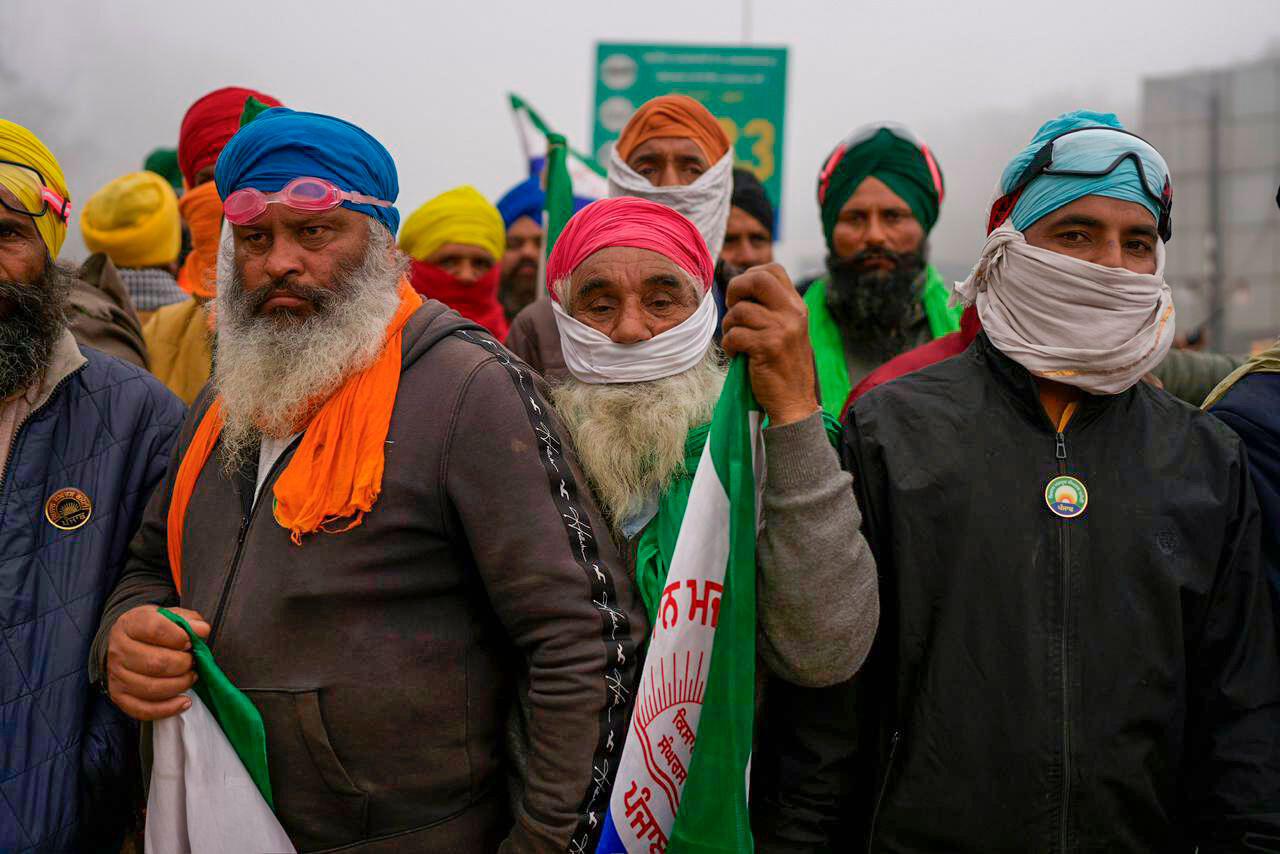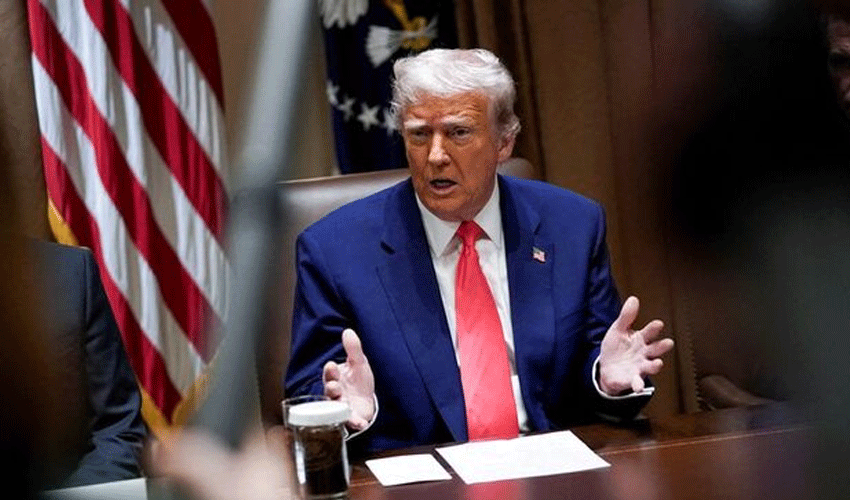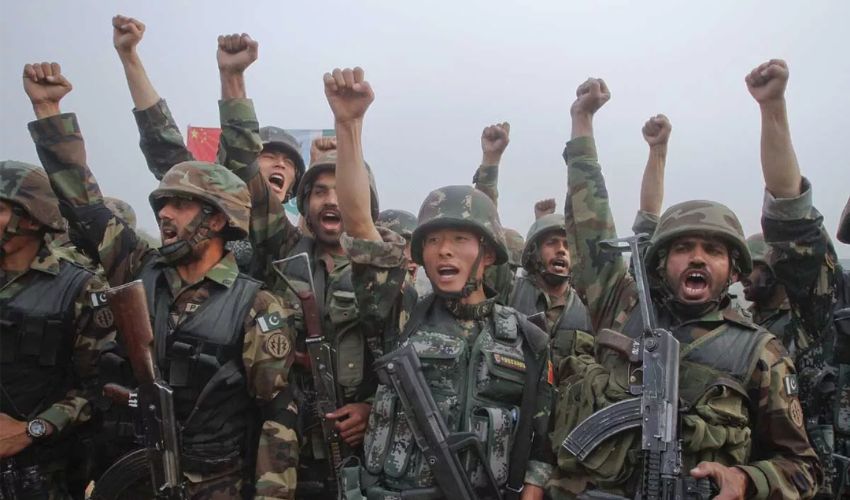In an attempt to seek minimum price assurances for their crops, thousands of Indian farmers are making another march towards Delhi, the country's capital.
The government had conversations with unions to prevent farmers from marching to Delhi from the neighboring states of Punjab, Haryana, and Uttar Pradesh when the farmers' demonstrations initially started up again in early February.
The Delhi Police stated an order issued February 26 that prohibited protestors from accessing Jantar Mantar and said that no authorization had been granted to famers to stage rallies there.
This development combines with a call by farmers' organizations for farmers nationwide to travel to the nation's capital on Wednesday in order to achieve their objectives, which include a legislative guarantee of a minimum support price for crops.
The two major umbrella groups leading the farmer's protest, Kisan Mazdoor Morcha (KMM) and Samyukta Kisan Morcha (non-political) (SKM), issued a call three days ago for farmers to arrive in Delhi on March 6.
Farmers at the Shambhu and Khanauri border crossings between Punjab and Haryana have been camping since the beginning of their 'Dilli Chalo' protest march on February 13.
The instruction has been slammed by the two farmer's organizations, who claim it is an attempt to silence their voices and restrict their freedom to peaceful protest.
The appeal to march to Delhi on March 6 was primarily meant to deny the rumor that farmers are unable to protest in the absence of tractors and trolleys.
It is expected that farmers from Rajasthan, Madhya Pradesh, and Uttar Pradesh would travel by bus and train to Delhi.
Protesting farmer Sarvan Singh Yadav who is travelling from Uttar Pradesh’s Firozabad to Delhi said that "I and my fellow protesters are on our way to Delhi. We are travelling via train and will reach the Jantar Mantar by 3 pm”.
At the same time, the Delhi Police have strengthened security at the borders of Tikri, Singhu, and Ghazipur.
Sarwan Singh Pandher, a farmer leader, reiterated the farmers' resolve to keep up their protests until their complaints are heard.
There have been at least four rounds of negotiations between the Center and the protesting farmers about the former's requests, but not much progress has been made.

























